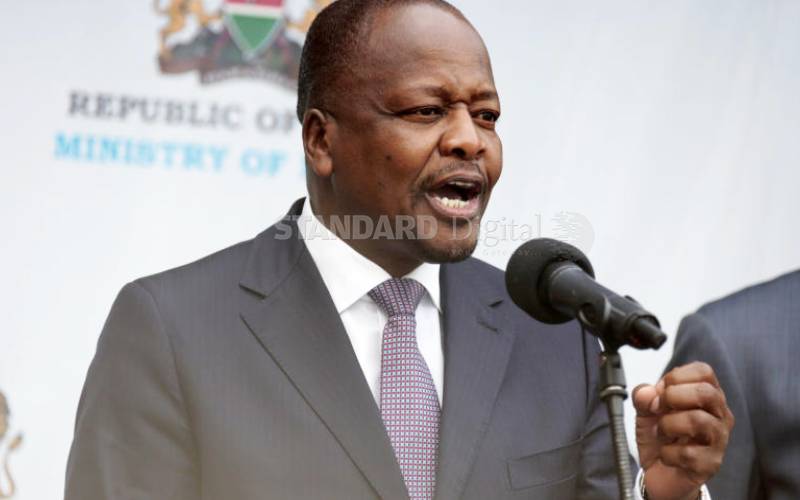×
The Standard e-Paper
Fearless, Trusted News

The prospects of a total lockdown appear inevitable to break up teeming crowds still evident in markets, bus termini and urban streets countrywide, as authorities battle to contain the spread of coronavirus.